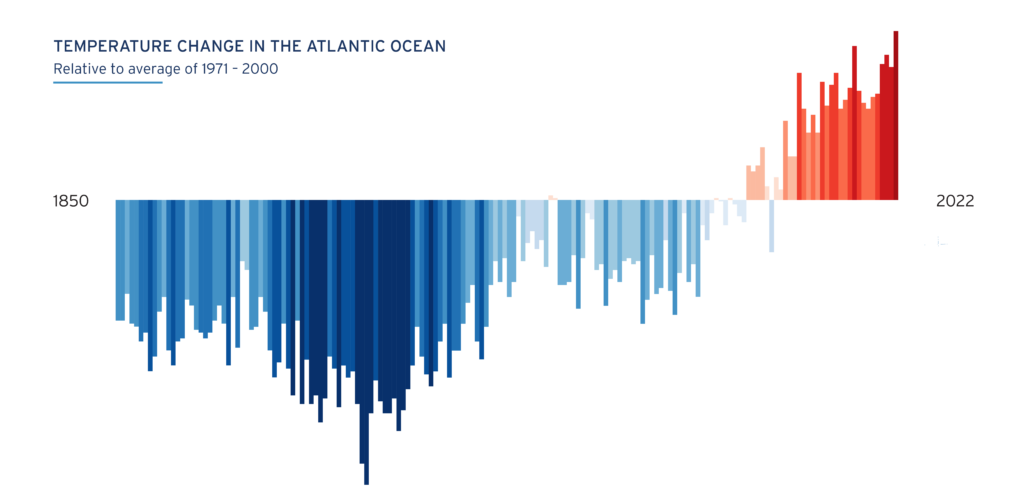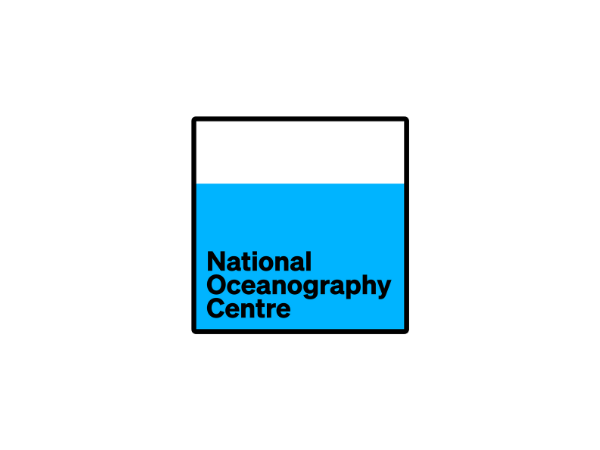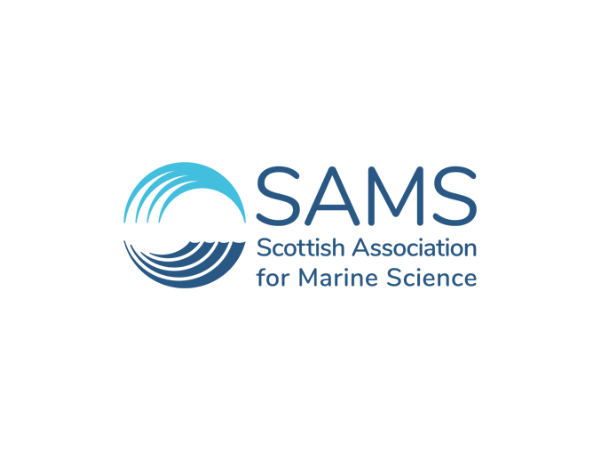AtlantiS
Atlantic Climate and Environment Strategic Science
AtlantiS is a new UK ocean observing and marine science research programme that includes the continuation and evolution of critical observational time-series in the Atlantic Ocean.

Partners

About AtlantiS
AtlantiS aims to understand and address the impact of human activities on the Earth's largest climate regulator, the ocean, over the next decade.
The ocean absorbs a vast amount of heat and carbon emissions, mitigating climate change, but this has come at a cost to its health and resilience, affecting marine life and coastal areas.
To tackle this challenge, AtlantiS is focused on improving our understanding of ocean dynamics and its responses to various stressors, in turn supporting sustainable development and effective adaptation strategies.
Work Package Areas
Providing data and evidence from UK sustained ocean observations to support national and international research and policy
Next-generation models for predicting and understanding environmental change
New technology to enhance autonomous ocean observing capabilities
Digital innovation in ocean observing value-chain, improve data access & utility
Advancing Ocean Observation and Understanding
The main challenge lies in the vastness and complexity of the ocean, making complete observation difficult. International coordination, technological advancements, and expanded data collection are crucial to fill knowledge gaps.
AtlantiS aims to lead in integrating observations from various sources, advancing ocean modelling, and utilizing digital tools to enhance our understanding.
Priorities identified include:
- understanding natural and human-induced changes in the Atlantic ecosystem
- understanding the connectivity between oceans, shelves, and coasts, and the impacts of climate mitigation strategies
- determining the ocean’s capacity to continue mitigating climate change by absorbing heat and carbon.
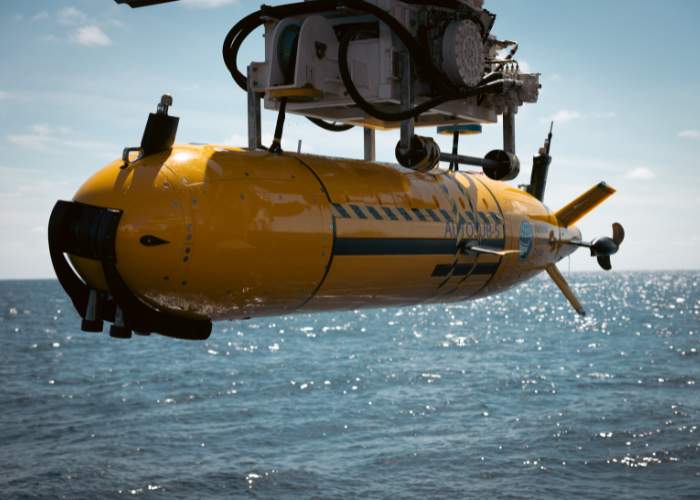
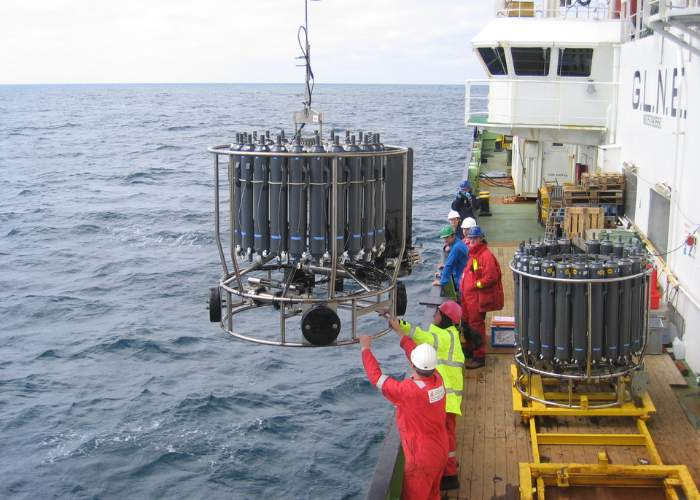
Fostering Resilient Oceans and Sustainable Economies Through Science and Innovation
The overarching goal of AtlantiS is to support the creation of healthy, diverse, and resilient marine environments, sustainable blue economies, and communities safe from natural hazards.
To achieve this, the program focuses on enhancing UK marine science capabilities, transforming ocean data availability, synthesizing global climate change indicators, increasing public and governmental awareness of the ocean’s role in climate, and effective communication of actionable knowledge. Through these efforts, AtlantiS seeks to advance knowledge, inform policy, and promote sustainable management of ocean resources in the face of climate change.
AtlantiS builds upon the previous CLASS program, enhancing long-term ocean observation systems and contributing to national and international priorities. Additionally, AtlantiS includes a new focus on accelerating digital innovation in ocean data processing.
Ocean Warming: AtlantiS Tracks Climate Change Impacts
The global ocean plays a crucial role in regulating Earth’s climate by absorbing and redistributing heat, having absorbed over 30% of carbon and 91% of excess heat generated by anthropogenic climate change. AtlantiS, the UK’s sustained ocean observing programme, focuses on documenting and predicting ocean change and its impacts on society and economy. This warming has various consequences, including sea level rise, marine heatwaves, changes in weather patterns, and ocean acidification.
To study these changes, AtlantiS employs cutting-edge technology for ocean monitoring, including automated plankton imaging systems, autonomous underwater vehicles, satellites, and research vessels. The project aligns with the United Nations Ocean Decade challenges, addressing issues such as marine pollution, ecosystem restoration, and sustainable ocean economy, while emphasizing the importance of phytoplankton in oxygen production and carbon sequestration.
